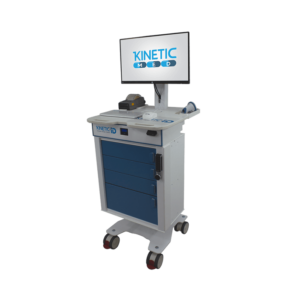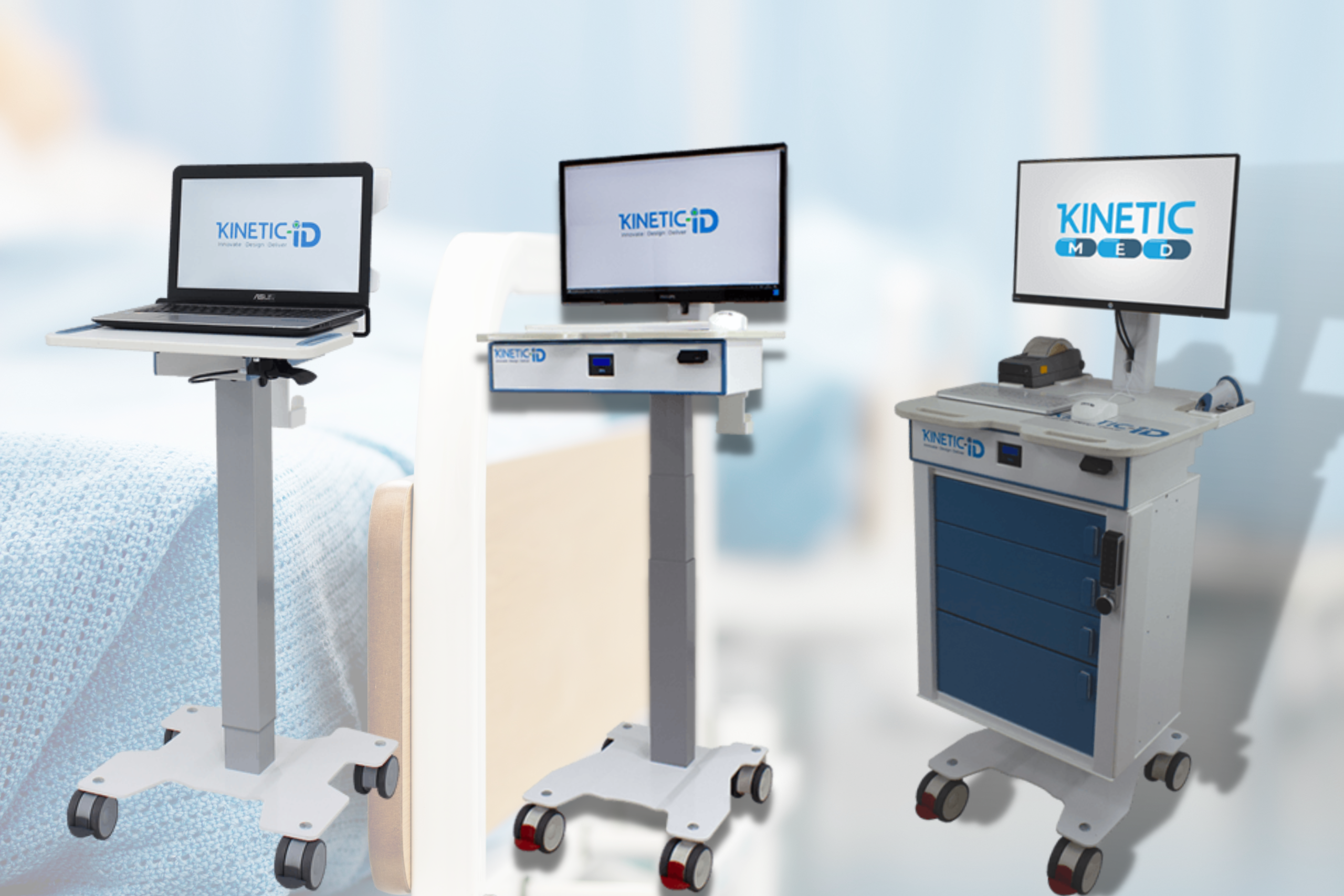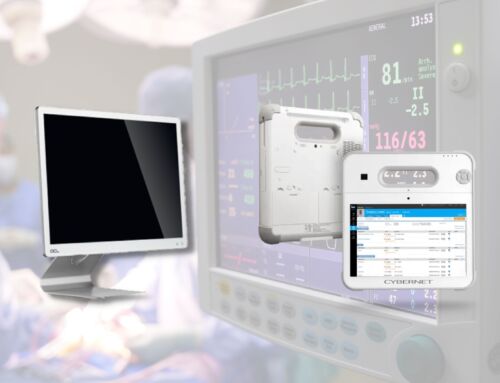Imagine a hospital where nurses and doctors are able to quickly and easily access all the medical equipment and supplies. And that too without having to search through cluttered storage rooms or relying on slow supply chain processes.
This vision of a more efficient and effective healthcare system is made possible by medical carts. Medical carts, also known as mobile workstations or computer carts, are portable devices that are commonly used in hospitals and other healthcare settings. And not to a surprise, those indispensable, mobile workstations have become a fixture in hospitals around the world.
Medical carts are altering the way that care is delivered. From storing and organizing medications and supplies, to providing a platform for electronic medical records and communication, you can do everything. As a result, hospitals see better patient outcomes.
In this article, we’ll delve into the many ways that medical carts are reinventing hospital efficiency and explore the exciting potential for even more innovations in the future.
Current State of Hospital Efficiency & Challenges
Hospital efficiency is critical for ensuring that patients receive the highest quality care in a timely and cost-effective manner. However, hospitals face numerous challenges in this regard, including a shortage of healthcare professionals, an aging population with increasing healthcare needs, and rising costs. These and other factors can put a strain on hospitals and make it difficult to deliver care efficiently.
Here are some of the challenges that hospitals face in context of improving efficiency:
Fragmentation of care:
Coordination challenges among multiple departments and care teams can lead to delays and inefficiencies, as well as a lack of continuity of care.
Outdated or inefficient processes:
Manual paperwork and supply chain management can be time-consuming and prone to errors.
Slow adoption of technology:
The healthcare industry has been slower to adopt new technologies compared to other sectors, which can limit the potential for improving efficiency.
Lack of standardization:
Each hospital may have its own unique policies and procedures. That can make it difficult to implement best practices and improve efficiency.
The benefits of medical carts

To overcome these challenges, medical carts are a great solution.
These portable devices can help streamline the transportation and organization of medical equipment and supplies. Hence, improve efficiency and reduce the time it takes to provide care to patients.
Let’s take a brief look at some of the benefits that these carts offer in healthcare environment.
1. Improved patient care:
Medical carts can help improve patient care by providing a centralized location for medical supplies and equipment. This can reduce the risk of errors, such as administering the wrong medication or using outdated equipment and increase patient safety.
You can equip with features such as built-in computers and outlets for charging devices. That helps healthcare professionals access patient records and other important information quickly and easily.
2. Better communication among healthcare professionals:
Along with improved patient care, there is also the possibility to facilitate communication among healthcare professionals by providing a platform for electronic medical records and other forms of communication. This can help ensure that all members of the care team have access to the most up-to-date information and can coordinate care effectively.
3. Increased efficiency:
Lastly, medical carts can help streamline the transportation and organization of medical equipment and supplies, reducing the time it takes to provide care to patients and improving efficiency.
They can provide a centralized location for medical supplies and equipment. As a result, they reduce the need for nurses and other healthcare professionals to spend time searching for supplies or waiting for their delivery.
Overall. their use can have a significant impact on the quality and efficiency of care in hospitals. streamlining processes and providing a centralized location for medical supplies and equipment, medical carts can help improve patient outcomes and increase the effectiveness of the healthcare system.
And that is just the tip of the iceberg. With advances in technology and upgrades, medical carts have the potential to accomplish so much more. For instance, When integrated with solutions such as ORNet, medical carts bring opportunities for digital procedure documentation and telemedicine.
Concluding Thoughts
The potential impact of advanced medical carts on hospital efficiency is significant. With the integration of advanced technologies such as EMR and telemedicine, medical carts could become even more powerful tools for improving the delivery of care.
Hospitals that are looking to improve efficiency and patient care should consider implementing medical carts as part of their strategy. Investments in such innovative solutions can streamline processes, reduce risk of errors, and provide the highest quality care to patients.



